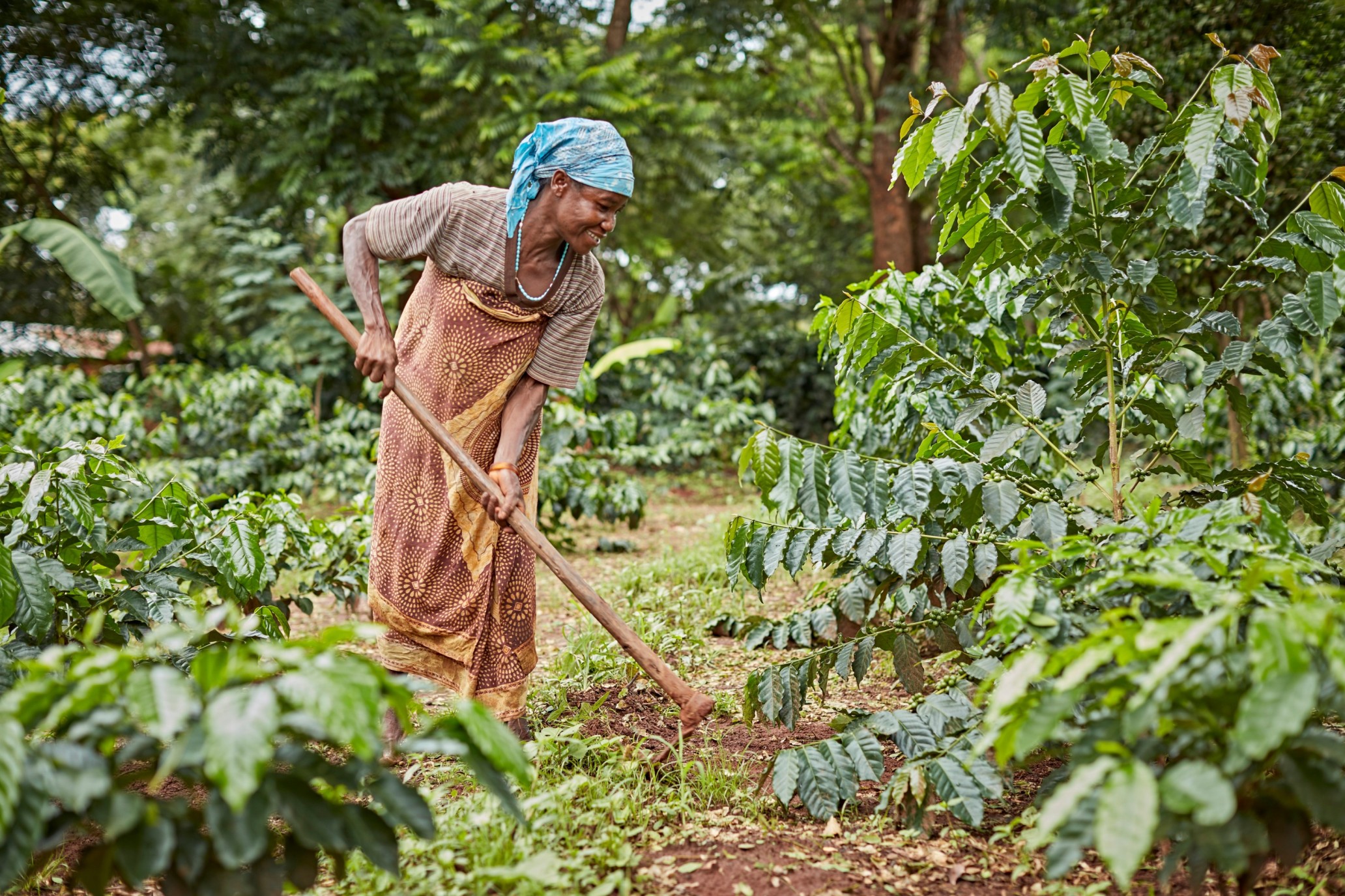By Charles Onyango-Obbo
There is always an egg, chicken, milk, beef, fish, or maize fight between Uganda and Kenya. Usually, it is Kenya banning these products from Uganda.
Outcries about the ban being against the spirit of the East African Community will follow. A Twitter war might break out between Ugandans and Kenyans (Kenyans usually win that one); the two will usually make up, kiss, and return to normal business after a few weeks.
On March 6, the Kenya Dairy Board announced an indefinite suspension of milk powder imports. It said the long absent rains were expected to come along finally, and therefore Kenyan milk production, which had fallen considerably because of drought and an unusually prolonged dry weather spell. Without the ban, it argued, there would be a milk glut in the country, and prices would collapse.
Ban hit Uganda
The powdered milk import ban disproportionately hit Uganda, which is a major exporter of the product to Kenya. There was a lot of grumbling in Kampala over the ban.
As in the past, it didn’t last long. On March 14, Kenya’s Agriculture and Livestock Development Principal Secretary Harry Kimtai announced the suspension of the ban on milk powder imports.
“Take note that the importation of products under the East African Community (EAC) protocol refers to goods being imported from outside the East African Community, while goods traded within the EAC are referred to as transfers,” Kimtai said.
Uganda’s First Deputy Prime Minister and Minister for East African Community Affairs Rebecca Kadaga delightfully jumped on the news.
“I am delighted to inform the dairy industry in Uganda that the ban [by Kenya] on milk products has been suspended. I have also had fruitful discussions with Mr Abdi Dubat, Permanent Secretary in Kenya’s Ministry of East African Community, on bilateral issues,” Kadaga said, taking credit for her effort in breaking the impasse.
Milk is political
As in Kenya, milk is political in Uganda. President Yoweri Museveni is one of the country’s largest cattle keepers and milk producers. Several of the leading milk producers in the country are his allies.
Shortly after he won office in August last year, President William Ruto announced that milk imports from Uganda would be allowed and that Kenyan milk would be processed for the international market.
Kenya’s former president Uhuru Kenyatta, a scion of Kenya’s most prominent milk trading family, had overseen a few spats with Uganda over the dairy product. His government see-sawed between opening and closing down imports but, in the end, told Museveni Uganda could freely export beef to Kenya. In Uganda, some cynics claimed Museveni had cut a sweet little deal for himself.
The latest milk ban was seen in Uganda as a betrayal by Ruto’s government. It is no secret that Kampala threw its lot behind Ruto in last year’s presidential race, its unease with his rival, former prime minister Raila Odinga, too deep to be softened by a charm offensive by both him and Kenyatta at the height of the campaigns.
Ruto’s win
When Ruto was declared winner, the celebrations by people in Museveni’s inner circle were wild. It’s yet to be known for sure how the Museveni government supported Ruto, but regime underlings claim it was enough to make a difference in the outcome.
And barely six months in office, they were getting a milk ban. The injury was deeply felt. Uganda already sees itself as an East African milk and beef power. It’s a status that, within the country itself, most are oblivious to.
At the sharp end of the industry, the leadership thinks Kenya’s ability to remain an important player in milk is going to be difficult because it is being ravaged by climate change more than its East African neighbours. Additionally, they believe that Kenya’s fractious electoral politics and growing land conflict in some of its once-leading milk-producing areas will combine to make it virtually impossible for it to overcome and be competitive in the dairy industry in the long run.
Algeria market
On a visit to Algeria during the week, President Museveni said Ugandan milk was already landing there.
He also said Algeria would be buying milk worth $500 million. Museveni often gets carried away when talking about pan-Africanism, but a cocky Ugandan Agriculture Minister, Frank Tumwebaze, seemed to confirm that this time he was not talking hot air. Tumwebaze said Uganda was “no longer worried about the [milk] market,” suggesting future Kenyan milk bans will not hurt so much.
A drive through southwestern and western Uganda reveals the source of Tumwebaze’s lactose haughtiness. In the hot season, it is dark green. The rivers flow. One can drive along kilometres of fencing, with spoilt, fattened cows roaming lazily inside. On Uganda’s highways these days, one encounters many gleaming trucks carrying milk to the far corners of the country. Three new highways in the east and northeast of Kenya have been opened. There are that many more roads bringing Ugandan food — and milk — to Kenya.
Not too long ago, in the next district to Kampala, Wakiso, a friend who is a farmer in the area drove me about 20 kilometres from his farm. We stopped on the roadside. In front of us was vast land disappearing into the horizon that had just been finally ploughed.
“This, my friend,” he said, “is going to be the next big in dairy farming. It is Kenyan-owned.”
Kenya has probably lost its war against milk from its western neighbour. It just doesn’t know it yet.
Charles Onyango-Obbo is a journalist, writer, and curator of the “Wall of Great Africans”.





